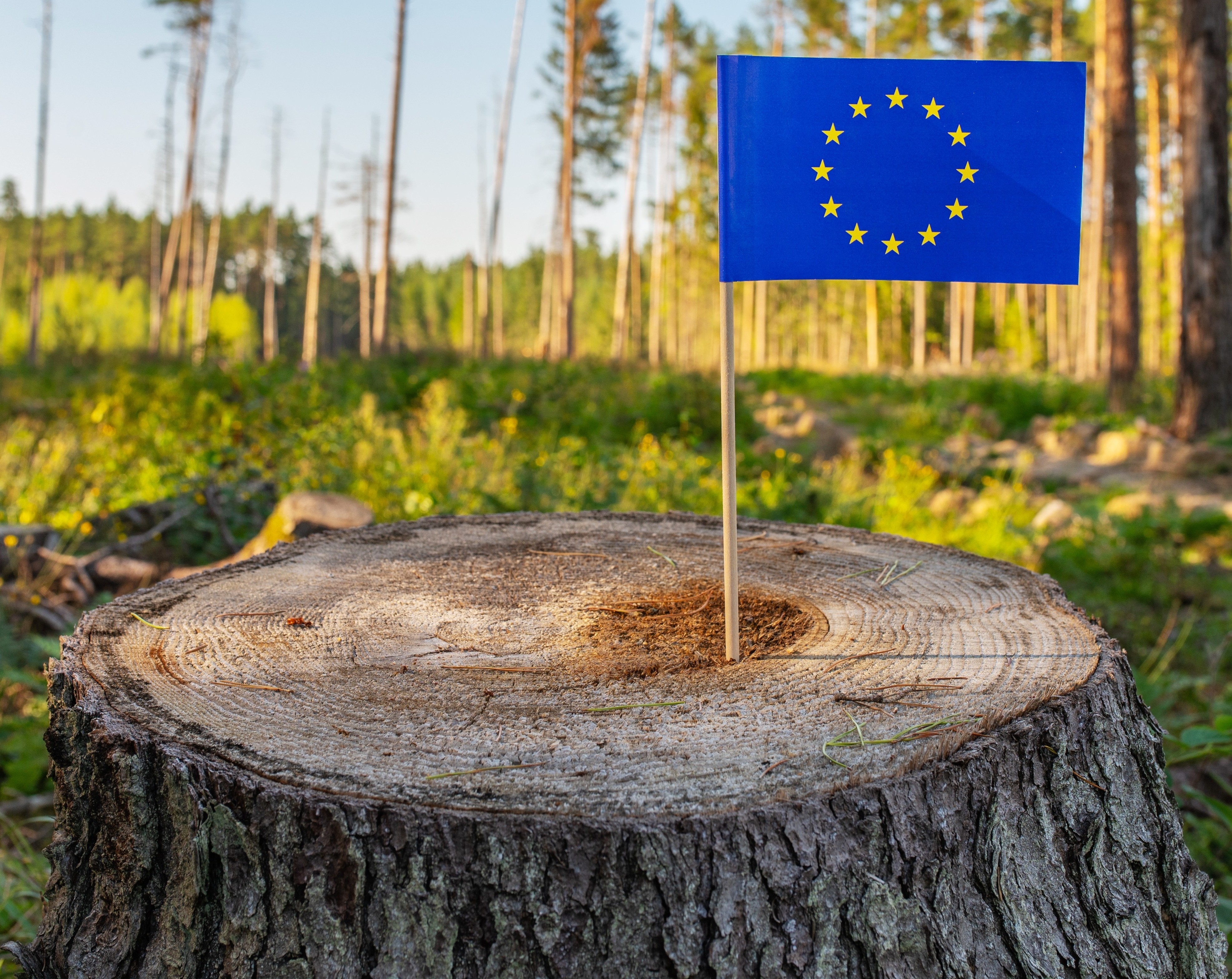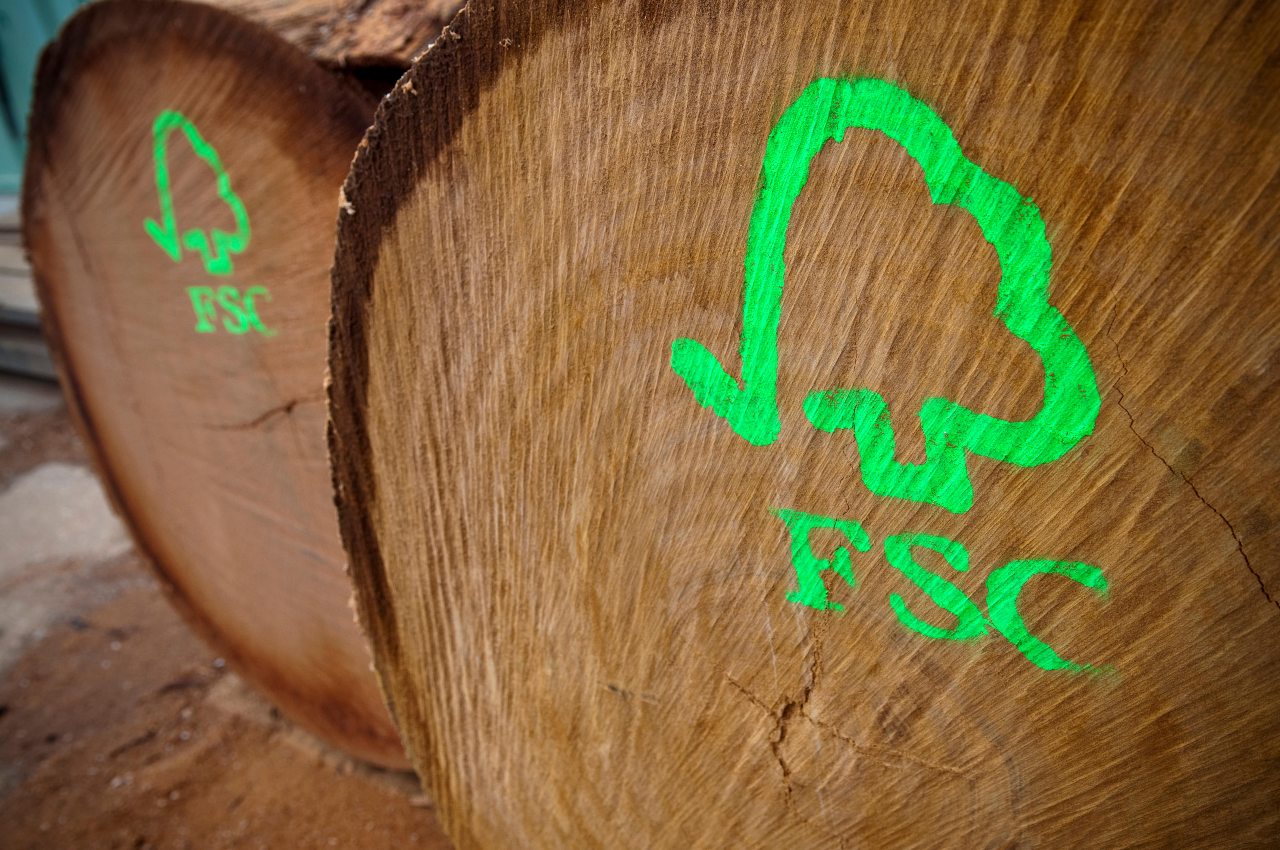
Almost 13,000 hectares (ha) of protected forests were destroyed
in the northern Brazilian state of Pará in May and June, according to analysis
by the conservation NGO Socio-environmental Institute (ISA).
The deforestation, which affected indigenous reserves, was
driven by mining, logging and illegal cattle ranching.
The Triunfo do Xingu Protected Area (APA) suffered the heaviest
losses, with nearly 5,000ha cleared for
cattle ranching in May alone. This is on top of the nearly 3,000ha deforested
in the area in the first four months of the year.
São Félix do Xingu, one of the municipalities within which
the Triunfo do Xingu Protected Area is located, is home to Brazil’s largest herd
of cattle. ISA has linked the increase in deforestation in the area to
the rise in
Brazilian beef exports in the first five months of the year.
This recent increase in deforestation in Pará is taking
place amid a general uptick in forest loss in the Brazilian Amazon. According
to the Brazilian NGO Imazon, which publishes monthly rates of deforestation in
the region, forest clearance in the Amazon saw a 73% increase in May compared
to the same month in 2017 and a 108 percent increase in June.
These trends, following a decline in deforestation in 2017,
have been connected to recent political and legislative victories by
the agribusiness lobby in the country, which has emboldened land-grabbers to
act with impunity. A recent amnesty forgiving billions of dollars in fines
against many guilty of illegal deforestation, attempts by the federal
government to reduce the sizes of protected areas and indigenous reservations,
and the drastic cutting of environmental and law enforcement agencies’ budgets
have led analysts to suggest that
deforestation rates could soar in 2018.
The situation in Triunfo do Xingu is illustrative. In late
March, ISA presented a complaint to Pará’s environment agency (Semas)
denouncing the growing destruction of the APA. Defending its failure to take
action, Semas has alleged to
have insufficient resources to tackle the problem, with only 20 inspectors to
cover an area larger than France, Germany and the UK combined.



